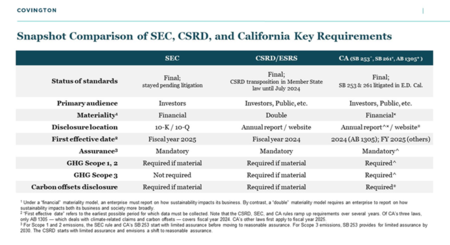Tossing and turning at night amid the COVID-19 outbreak? You’re not alone. University of Toronto Mississauga anthropologist and sleep expert David Samson explains why we experience insomnia, how sleep helps boost physical and emotional health and how to get a better night’s rest in these uncertain times.
Samson studies the link between human evolution and sleep, with a particular focus on cognition. He is a co-author on a new study that investigates the evolutionary link between fear and insomnia.

According to Samson (left), early humans developed a sense of fear to protect themselves from predators in ancestral environments like the African Savannah. “A healthy dose of fear and sleep architecture, where certain members of the group are awake at any given time, served the function of keeping us alive,” he says.
“However, we evolved fear for acute, not chronic responses,” Samson explains. Acute fear subsides when no attack arrives. But in a contemporary setting, modern humans have a “misguided sense of fear.” In other words, our busy nighttime brains confuse upcoming work presentations or a spate of bad news with a lion attack.
“When fear fails to subside, for some people it becomes chronic and leads to insomnia,” Samson says.
That fear may be exacerbated during the COVID-19 pandemic. During social isolation, many of us are in close quarters with household members and physically isolated from supportive friends and family. Coupled with never-ending news updates, Samson says the situation can “create a baseline state of chronic fear with nowhere to direct it,” resulting in long nights tossing and turning.
“In this situation, sleep becomes more important than ever,” he says.
Research shows that sleep is critical to supporting our physical and emotional health. On the emotional front, sleep helps us to process emotions and supports emotional regulation during stressful situations.
Sleep is also critical to keeping us physically healthy. “In deep sleep, you’re developing antibodies that help fight off infection,” says Samson, whose latest research, “Failure of fear extinction in insomnia: an evolutionary perspective” is published in Sleep Medicine Reviews. “Sleep helps with immune regulation, and that’s really important.”
While so much currently feels beyond our control, Samson says sticking to a pre-bedtime routine can help you to get some shut-eye and stay healthy. Here are his five tips:
Cut the snacks
Natural circadian rhythms send a cue to your body that it’s time to wind down for sleep, but eating sends a conflicting signal that it’s time to be awake. Scheduling dinner three hours before bedtime and cutting after-dinner snacks is a “powerful strategy” when it comes to maintaining good sleep routine, according to Samson.
Game over
Playing competitive video games increases the body’s uptake of hormones that drive a desire to win – and that makes it hard to fall asleep once the game is over. “Gamers are the worst-sleeping cohort,” says Samson, who is also a dedicated gamer. He suggests keeping gaming sessions to daytime only.
Lights out
Samson advises limiting blue light from fixtures when possible. That means turning off unnecessary lights around the house in the evening. Using warm-hued light bulbs or blue light-blocking glasses will help, too.
Unplug
“As we are stuck indoors, many of us are connecting online for social interaction, entertainment and news,” Samson says. However, he recommends powering down screens and other devices at least an hour before bedtime and ensuring our bedrooms are free of distractions. Reading a book is a great way to unwind before drifting off, he says.
And for kids …
Parents can help children rest easy by creating a reliable bedtime routine and modelling good behaviour themselves. Samson says establishing a solid routine in childhood will be beneficial in the long-term. “Getting kids to practice now will add thousands of good-quality sleep hours to their adult lives.”








